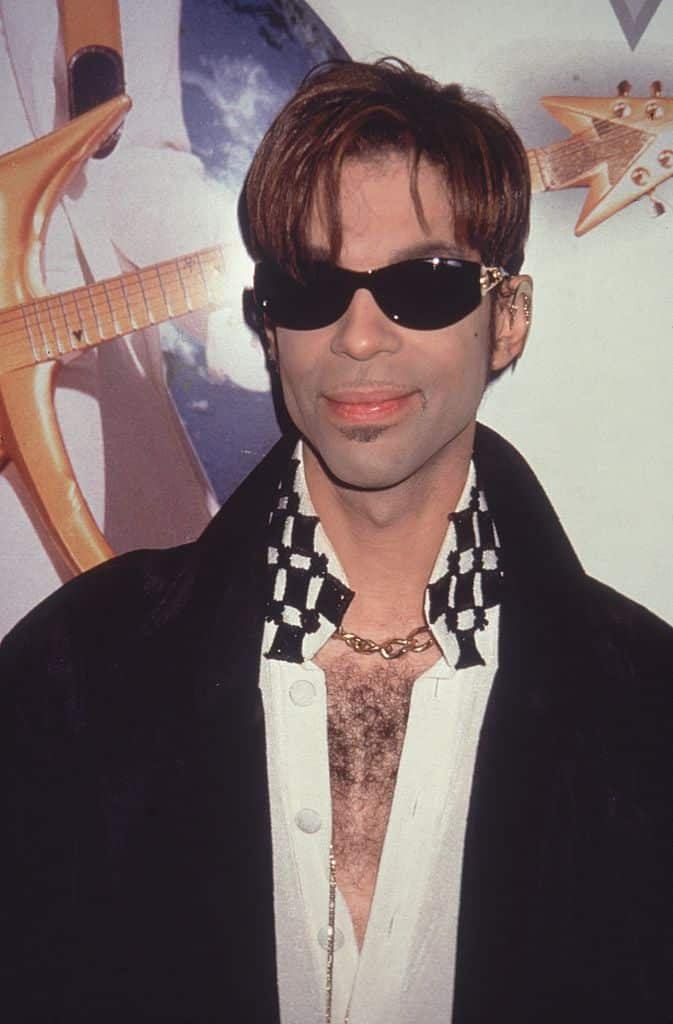Several bottles of opioid painkillers - some of them prescribed to one of Prince's friends - were found at the singer's Paisley Park complex shortly after the music icon's death by accidental overdose, court documents unsealed Monday show.
The documents pertain to the first six months of the investigation into Prince's death at his Minnesota estate a year ago from an overdose of the powerful narcotic fentanyl.
They provide clues about Prince's use of painkillers in the months leading up to his death, and the possible direction of the ongoing investigation. So far, no one has been charged.
But the documents do not offer evidence about the source of the fentanyl that killed the 57-year-old superstar - or who might have provided him with it.
Investigators found pills in various containers around Prince's bedroom, some of them issued to Kirk Johnson, Prince's estate manager and longtime friend.
Some of the bottles were labeled Aleve and Bayer - common over-the-counter medications - but contained pills marked "Watson 853", the opioid painkiller acetaminophen-hydrocodone. They also found envelopes with pills inside.
Many pills were inside a suitcase with the name tag "Peter Bravestrong" - an alias used by the singer.
Michael Todd Schulenberg, the doctor who treated Prince twice prior to his death, admitted issuing a prescription for the narcotic painkiller Percocet under Johnson's name to protect the singer's privacy, an unsealed affidavit showed.
Prince apparently had no prescriptions under his own name.

Among the items police were seeking were call records from nearby mobile towers and emails from four Gmail accounts. Police said Prince was known to eschew mobile phones, preferring email communication and landline phones.
Police were summoned to the artist's Paisley Park estate after he was found dead in an elevator on the morning of April 21, 2016.
Six witnesses at the scene told investigators that Prince "had a history of going through withdrawals, which are believed to be the result of the abuse of prescription medication," according to an affidavit.
Paisley Park is scheduled to host four days of concerts, tours and other events beginning on Thursday, for the one-year anniversary of Prince's death.

